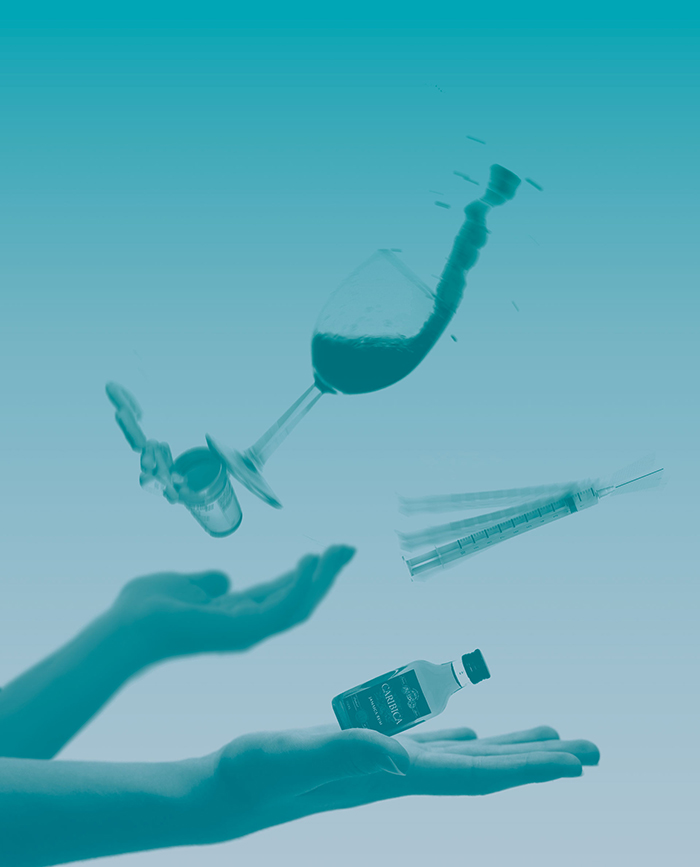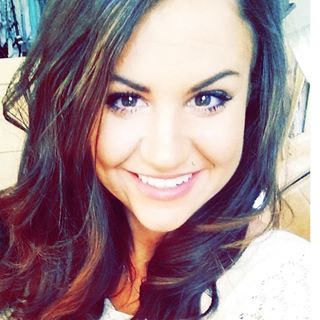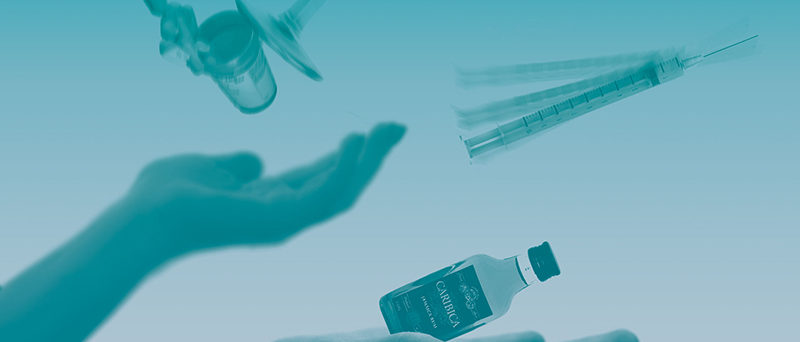Polysubstance User: My Addiction to Everything
She continues to ask me questions – about how my addiction started and why. Having known me for over five years, she’s seen me sober and happy. She doesn’t know how someone who seemed to be living such a perfect life could now be living the life I am living. This life of hell – the life where my every waking thought is “how do I get high?”

I am currently a polysubstance user. This means that I am addicted to multiple substances. My main drugs of choice are Adderall, Xanax, and Alcohol. However, I also use opioids, Suboxone, and cocaine. My drug of choice is everything. I want to numb. I don’t want to feel. I want to be able to check out, to relax, to calm, to not care, to not worry. I want to be able to live a life where I don’t have any uncomfortable feelings.
According to The Encyclopedia of Mental Disorders, Polysubstance dependence (or use) refers to a type of substance dependence disorder in which an individual uses at least three different classes of substances indiscriminately and does not have a favorite drug that qualifies for dependence on its own. In order to qualify as having a polysubstance dependence, a person must be using multiple substances for a period of over 12 months, for therapeutic or recreational purposes.
The reason I take multiple substances is because I want to achieve a more intense high. At first, taking opioids was enough. However, as my tolerance grew, I had to take another drug in order to feel the intense high that I first felt when I started taking opioids.
I mix Xanax, Ambien, and alcohol at night. This is a dangerous mix as all of these substances are depressants. But alcohol, on its own, isn’t enough anymore. I am in a constant state of black-out when I mix these substances. The blackouts cause me to lose hours of my life. I have to be transported home in Taxi cabs with my friends by my side. No one knows what to do with me anymore. Drugs have taken over my life and overshadowed everything that was once important to me.
This friend of mine, who is here today, still cares. She wants to help me quit using drugs. She’s concerned and worried, but she doesn’t know what to do. She asks me what she can do to help?
At this point in my addiction, I don’t want help. However, in order to please her, I go along with her request. I ask her to keep my accountable. I ask her to continue checking in with me. I tell her that I truly appreciate her concern and care. And this is a fact. I do appreciate that she still cares. However, I don’t want to stop.
My polysubstance dependence has had the following consequences: loss of control, blackouts, loss of friendships, loss of jobs, increased tolerance, self-harm, depression, loneliness, and isolation. I have become a danger to myself and others.
I want to end the conversation with my friend. It’s become overwhelming and far too much. Plus, it’s taken so much time. I want her to leave so I can go get high. Her final question is: “Why don’t you just quit?”
“As if it’s that easy,” I snap back.
My friends and family who don’t understand addiction ask this question often. They don’t realize that I have been stripped of control and I now crave drugs like I crave shelter, food, and water. Drugs have become part of my survival. My brain even believes this too. In fact, my brain has been hijacked by my addiction. It is constantly sending signals to the rest of my brain that I need drugs in the same way I need food and water.
At this point in my life, I am addicted to everything. It seems more difficult to overcome my addiction because when I quit one drug, I replace it with another drug. I am a polysubstance user and I’ll take anything that will get me high.
. I am a polysubstance user and I’ll take anything that will get me high.
We can help.

ABOUT LARA
Lara Frazier is a truth-teller, a sobriety warrior and a writer. She is a FIERCE believer in the power of owning our stories and is a strong advocate for addiction recovery. Lara shares a story of healing: in sobriety, through addiction, in life and love, and in all the other big huge moments of fear and magic that we rarely talk about, but we should. Find more of Lara’s work on Instagram @sillylara.


